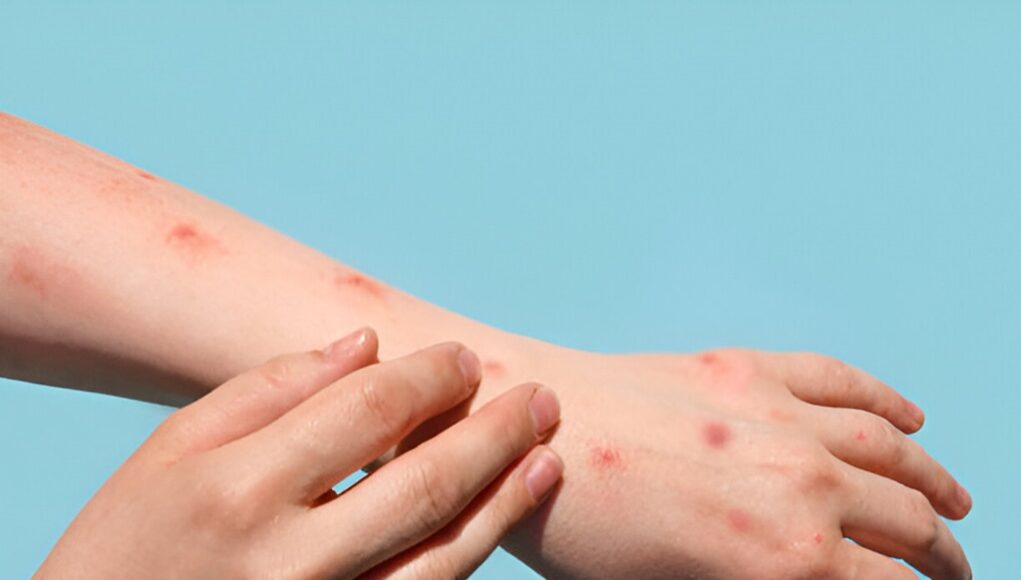Psoriasis is a chronic skin condition that causes red, scaly patches on the skin, leading to discomfort and insecurity for those affected. While the exact cause of psoriasis is not fully understood, certain triggers can exacerbate symptoms and lead to flare-ups. Here are some common triggers for psoriasis and tips on how to avoid them.
Stress
Stress is a significant trigger for psoriasis flare-ups. High stress levels can weaken the immune system and contribute to inflammation, worsening psoriasis symptoms. To reduce stress, incorporate relaxation techniques like deep breathing exercises, meditation, and yoga into your daily routine. Engaging in activities that bring joy and relaxation can also help manage stress and minimize flare-ups.
Cold Weather
Cold, dry weather can aggravate psoriasis symptoms by stripping the skin of moisture and leading to increased itchiness and irritation. To protect your skin during colder months, moisturize regularly with a gentle, fragrance-free moisturizer to keep your skin hydrated. Wearing layers to stay warm and using a humidifier indoors can also help maintain skin moisture and prevent flare-ups.
Alcohol Consumption
Alcohol consumption is another common trigger for psoriasis flare-ups. It can lead to skin dehydration and trigger inflammation, worsening psoriasis symptoms. Limiting or avoiding alcohol altogether can help reduce flare-ups and improve skin health. Opt for non-alcoholic beverages or water to stay hydrated and support overall skin wellness.
Smoking
Smoking is a well-known trigger for psoriasis and can significantly impact the severity of symptoms. The harmful chemicals in cigarettes can trigger inflammation and oxidative stress in the body, leading to skin damage and worsening psoriasis. Quitting smoking can improve overall health and help manage psoriasis symptoms effectively.
Certain Medications
Some medications, such as lithium, beta-blockers, and antimalarial drugs, can trigger or worsen psoriasis symptoms in certain individuals. If you suspect that a medication is exacerbating your psoriasis, consult with your healthcare provider to discuss alternative treatment options. Never stop taking prescribed medications without medical guidance.
Skin Injuries
Skin injuries, including cuts, scrapes, sunburns, and bug bites, can trigger psoriasis flare-ups in affected areas. To avoid irritating your skin, take precautions to prevent injuries, such as using sunscreen, wearing protective clothing, and applying insect repellent. Promptly treat any skin injuries to minimize the risk of triggering psoriasis symptoms.






